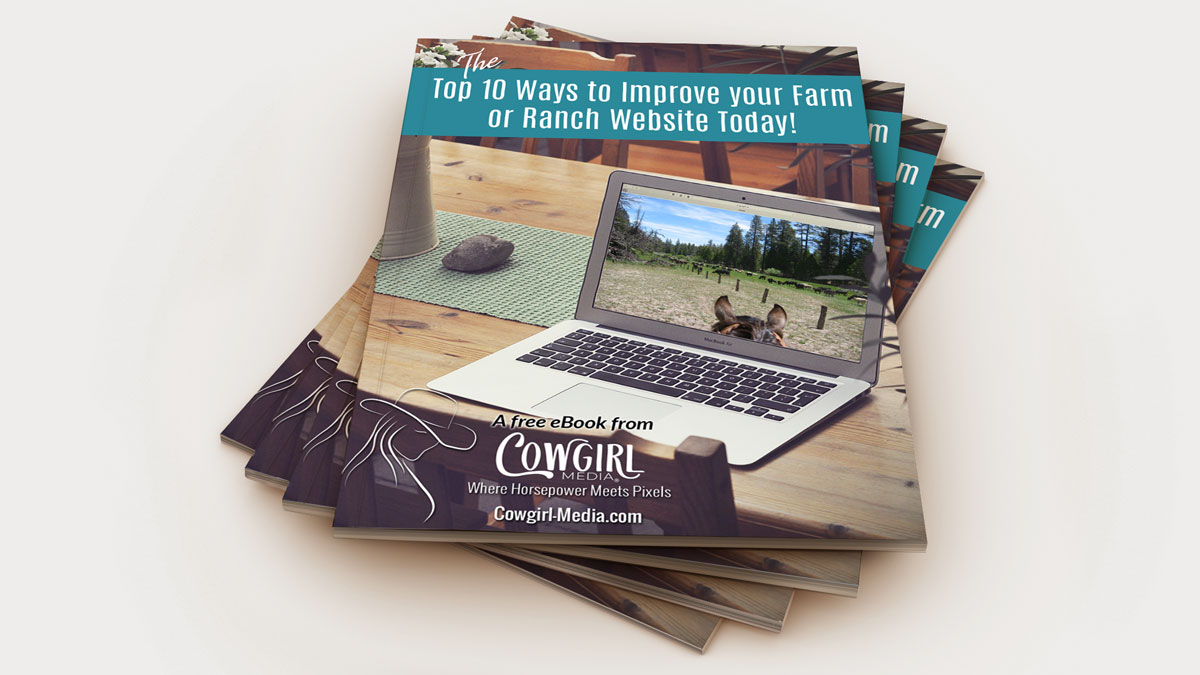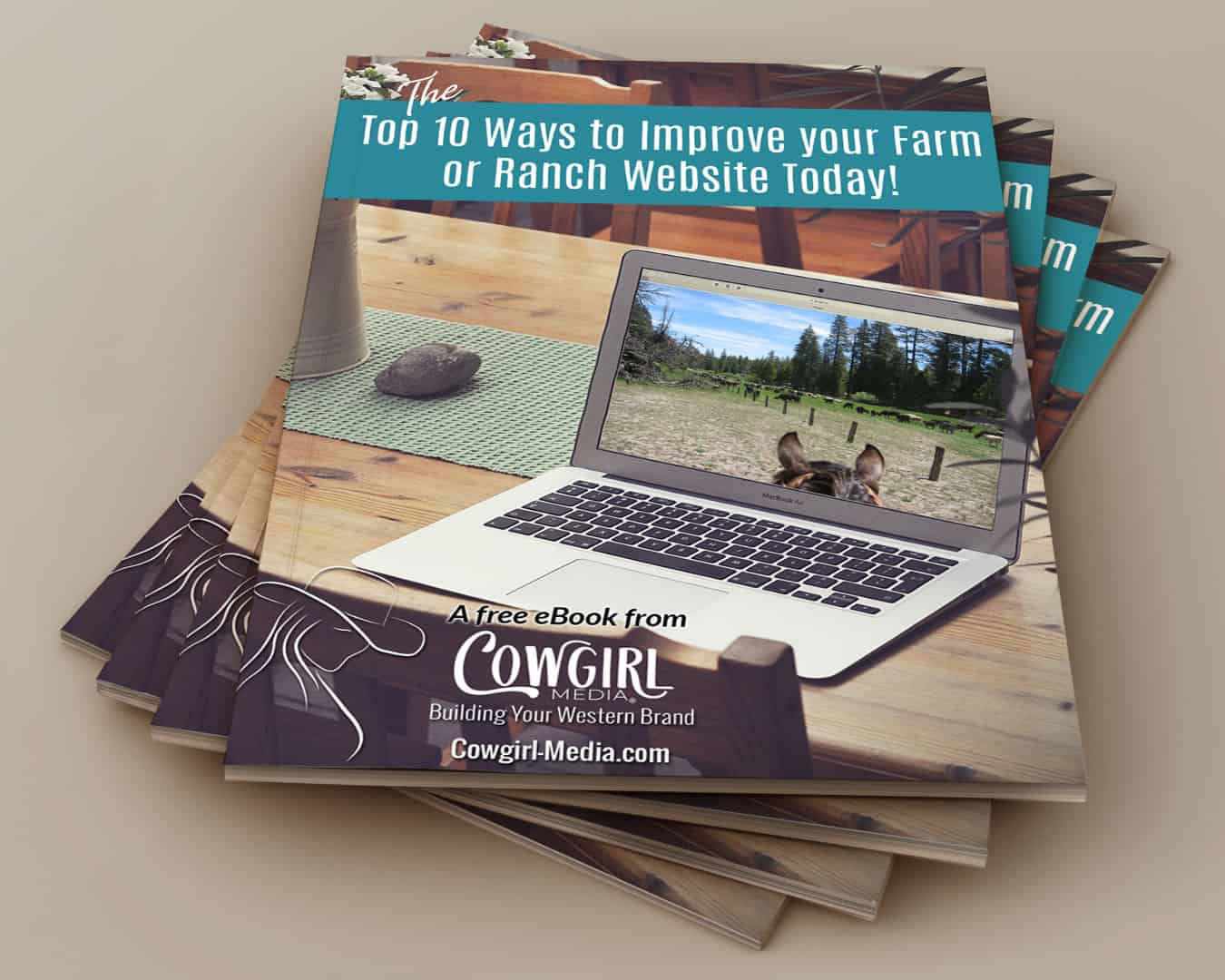Meet 3 Family Farms Who Have Expanded Into the Consumer/Retail Market to Preserve Their Family Legacy
My passion in my business, and in my life, is agriculture, and helping those that feed the world figure out how to maintain the lifestyle that has been in their families for generations. They don’t know anything else, and they don’t want to do anything else. It’s not just a job, it’s how they live their life, every day, all day.
Those who work in ag are a close knit group. They don’t talk much. They are humble, love God and their families above all else, and while most of the rest of the world enjoys a 40 hour work week, they don’t know what that even looks like. They have dirt under their fingernails 24/7 and a passion for the land that is unwavering.
97% of farms in America are family owned and run. Sadly, the majority of these farms cannot survive any longer on just farm income. Often, while the husband works the farm, the wife has a job in town that provides extra cash and much needed health insurance benefits. And the farms are most often diversified in what they produce. One crop alone, whether it’s calves or corn, is likely not going to sustain the farm all on its own.
For this reason, many farms and ranches are branching out beyond selling commodities into the consumer and retail markets, with various products. Some stemming from the crops they produce, some are the result of brainstorming and new business ideas that aren’t always tied in to the farm.
In my efforts to help farms and ranches be more diverse, I’ve tracked down and interviewed 3 different farms to find out the why, what, where, when and how, in hopes that sharing their stories with my readers may inspire other farms and ranches to give it a try.
This will be a 3-part series of articles, featuring a former seed and livestock producer who has figured out a unique method of turning a byproduct on her farm into something that gardeners can’t live without, a dairy in Missouri, and a cattle ranch in California that offers guests a glimpse into what life on a ranch is like.
Edgewood Dairy & Edgewood Creamery - Purdy, Missouri
Meet the Fletcher Family, who have taken their small dairy from conventional to grass fed and now create delicious, farmstead cheese sold at their creamery and also offered in stores and restaurants in their area. My conversation with Aubrey Fletcher is below.

What was the original crop or product that your farm produced?
Aubrey: My in-laws began the dairy about 30 years ago, with kind of a mixed system, using both pasture and conventional methods. Since 2001 we have been a pasture-based diary farm, which means that we rotate our cattle all year long, for grazing purposes. They are primarily grass-fed.

Why branch out into the consumer or retail market and what product did you decide to sell?
Aubrey: My husband (then my fiance) and I and his family were on vacation, and we were talking about our future plans. We knew we wanted to come back to the farm after college, but we weren’t really interested in expanding the farm, or adding another dairy, so we began looking at other ways we could be involved with the family farm, which was really important to us. After a lot of research and talking with other farm families that had gone through this process, we decided that we would focus on a creamery. After A LOT more research, we realized that there weren’t really any artisan cheese producers here in the area. The closest was about an hour away, and they used goat milk. The closest cow milk creamery was in Kansas City, which is about 3 hours away, so we realized we would have a pretty good market here.
We opened our creamery on August 10, 2015. Our creamery is located on the dairy farm, but it is a completely separate building, and a separate business entity as well. We have an on-farm retail store that the public can visit to purchase our products. Our main focus for the creamery is really wholesaling, however. That’s where the money is, and how we set up our business plan, even though dealing directly with consumers is really fun.
What has been your biggest struggle?
Aubrey: There have been many, I’ll be honest. When we first started, we weren’t really aware of how many regulations there were. We also bottle our own milk, so we do both Grade A and cheese products. When you add a Grade A product into the mix, the regulations are through the roof, which we completely understand. A safe food product is very important, of course. Our state milk board has been fantastic at helping us through this whole process.
What has been your biggest success?
Aubrey: We were scheduled to go to an event back in February of 2016, and the woman who was in charge of the event was able to get us a spot on our local TV station. After that aired, we had several chefs from very large restaurants and resorts contact me that very morning, interested in our products. This was one of the most successful, exciting things, that was a huge boost for our wholesale market.
What marketing practices are you using and what has worked the best for you?
Aubrey: We try to do a little bit of everything to reach all markets, but we’ve found that when we have events directly out at the farm, we see a big boost in sales. More people are coming out to the farm, becoming aware of our products. Anytime we do any festivals, farmer’s markets or events, where people can experience the product right away, we find that there is a boost.
When Melissa, my mother-in-law, owner and head cheese maker, and I visit new wholesale customers, we always start off by telling our story. People fall in love with our family, how it all started and what we do, so we really try to share that with people. What we’ve put in to the business, the fact that we’re family owned and operated, really helps to connect us with those people.
Social media, of course, is a big help in being able to connect with that many people and promote our product. We’re currently on Facebook, Twitter and Instagram. I try to follow other dairies and creameries to see what they are doing, and they give me ideas on different things to post, so that we can post consistently.
We are also beginning to work with a distributor, and that has increased our sales as well. We do have to discount our prices to them, but they have the potential to really get our name out there and grow our sales. We are now in 30 restaurants and 13 stores in the region.
Agri-tourism is also a part of our marketing. We offer tours on our farm, so the consumer can actually see cows being milked, they can see them out in the pasture, and they can watch the cheese being made. This has been very useful in getting direct contact with consumers, who otherwise tend to believe that their food comes from the grocery store. We love meeting them and answering their questions about how their food is made.
What is your biggest piece of advice for someone who is thinking about expanding their farm or ranch into the consumer market?
Aubrey: My biggest piece of advice is to talk to someone who has gone through the process before, if they’re willing. It was hard for us to find someone who was willing to share their knowledge, but once we did, they were fantastic and we learned so much from them. We are also trying to share that, and help others who are interested in starting their own creamery. We’ve actually had three different creameries come out and talk to us, so we could share experiences.
To learn more, please visit the Edgewood Creamery website.
To read the 1st article in this series, visit Beyond the Commodities – Haven Farms.



